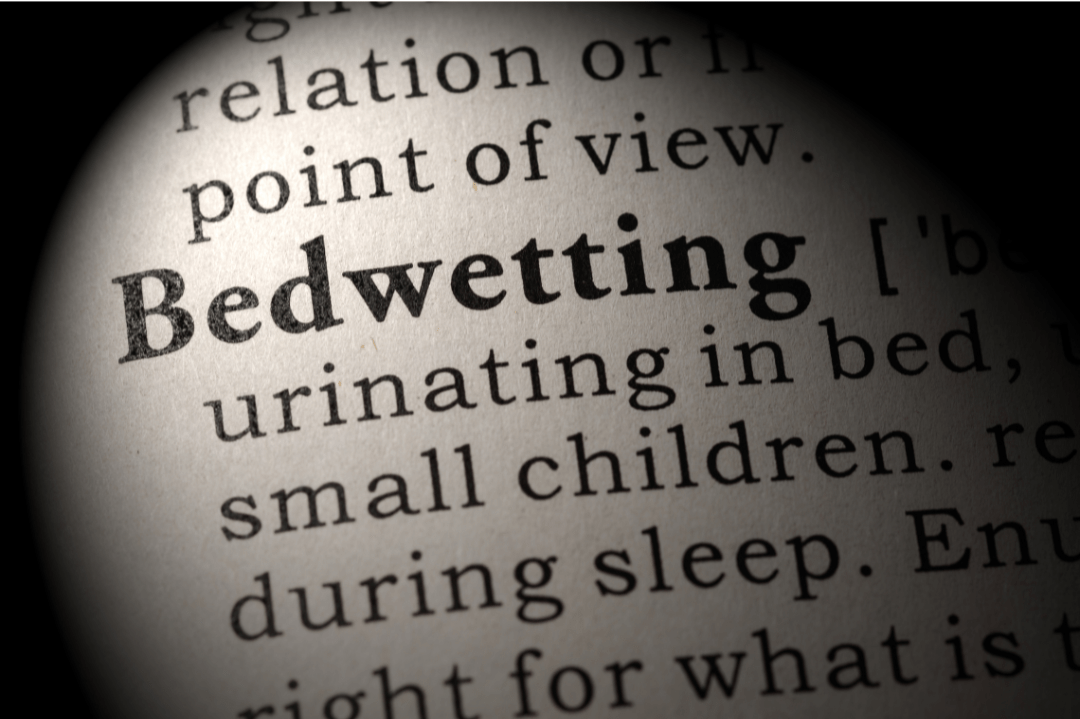Bedwetting in children, also known as nocturnal enuresis, is a common concern among parents. It can be distressing for both the child and the family, impacting self-esteem and quality of sleep. While many children outgrow bedwetting naturally, understanding the science behind it and exploring solutions like PeapodMats can offer relief and support.
Understanding Bedwetting in Children
Bedwetting is more common in younger children, but it can persist into older children (aged 5+). In fact, according to recent studies, approximately 5-10% of 7-year-olds experience bedwetting. If you're feeling overwhelmed by your child's bedwetting, know you're not alone. We've been there and are here to help you!
The causes of bedwetting can be multifaceted and often involve a combination of physiological, psychological, and genetic factors.
Physiological Factors
One key physiological factor contributing to bedwetting is the immaturity of the nervous system. In some children, the bladder may not yet be fully developed, leading to difficulty in controlling urination during sleep.

Hormonal imbalances, such as insufficient antidiuretic hormone (ADH) production at night, can also play a role in bedwetting. ADH helps the body regulate urine production, and low levels of this hormone can result in increased nighttime urine output.
Psychological Factors

Psychological stressors, such as anxiety, changes in routine, or emotional disturbances, can exacerbate bedwetting. Children may experience stress due to events like starting school, parental conflict, or the arrival of a new sibling. This emotional strain can affect bladder control, leading to episodes of bedwetting.
We understand its not the best timing to manage an additional stressor when going through routine changes, but know that you and your child will get through this bump in the road.
Genetic Factors

There is evidence to suggest that bedwetting may run in families, indicating a genetic predisposition. If one or both parents experienced bedwetting as children, their offspring are more likely to also struggle with nocturnal enuresis. While genetics alone do not determine bedwetting, they can influence bladder function and contribute to its occurrence.
Managing Bedwetting with PeapodMats
PeapodMats offer a practical and effective solution for managing bedwetting in children of all ages. Our innovative waterproof mats provide a protective layer for bedding, preventing moisture from reaching the mattress and ensuring a dry and comfortable sleep environment.
Unlike traditional disposable bedwetting products, PeapodMats are reusable, eco-friendly, and easy to clean. Simply place the mat on top of the fitted sheet before bedtime, and if an accident occurs, remove the soiled mat and replace it with a clean one. This means if your child has an accident, you don't need to pull off all the sheets and do another load of laundry in the middle of the night, making clean up easy.
Bedwetting in children is a common but treatable condition with a range of underlying causes. By understanding the physiological, psychological, and genetic factors contributing to bedwetting, parents can better support their children and explore solutions like PeapodMats to manage nocturnal enuresis effectively. With patience, understanding, and the right tools, bedwetting can be successfully managed, helping children and families enjoy restful nights and improved well-being.

